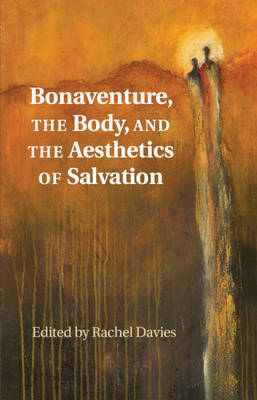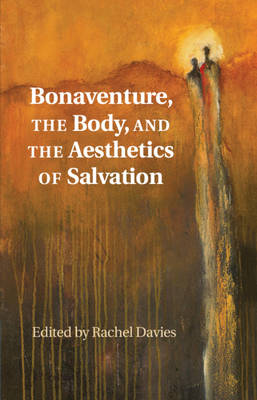
- Afhalen na 1 uur in een winkel met voorraad
- Gratis thuislevering in België vanaf € 30
- Ruim aanbod met 7 miljoen producten
- Afhalen na 1 uur in een winkel met voorraad
- Gratis thuislevering in België vanaf € 30
- Ruim aanbod met 7 miljoen producten
Zoeken
€ 121,95
+ 243 punten
Omschrijving
In this work of historical theology, Rachel Davies considers the relationship between aesthetics and anthropology in Bonaventure's thought, and shows how bodily diminishment can become a sign and source of the self's renewal. Drawing from texts like the Collations on the Six Days, and the Major Life of Francis, Davies reconfigures traditional accounts of the fallen body's rebellion against the soul and emphasizes instead the soul's original abandonment of the body. Her interpretation draws attention to the crucial but undervalued role that Bonaventure assigns to the body in the self's coming-to-be, and shows how contemplation involves the soul's tender recovery of the body it once rejected. Though contemplation makes body-soul integrity possible again, Davies argues that the body never fully recovers from its primordial alienation. Instead, Bonaventure suggests that individuals can experience brokenness and healing at the same time, and that suffering bodies can become paschal spaces, graced and open to beatific wholeness.
Specificaties
Betrokkenen
- Auteur(s):
- Uitgeverij:
Inhoud
- Aantal bladzijden:
- 198
- Taal:
- Engels
Eigenschappen
- Productcode (EAN):
- 9781108485371
- Verschijningsdatum:
- 30/01/2020
- Uitvoering:
- Hardcover
- Formaat:
- Genaaid
- Afmetingen:
- 145 mm x 221 mm
- Gewicht:
- 317 g

Alleen bij Standaard Boekhandel
+ 243 punten op je klantenkaart van Standaard Boekhandel
Beoordelingen
We publiceren alleen reviews die voldoen aan de voorwaarden voor reviews. Bekijk onze voorwaarden voor reviews.











